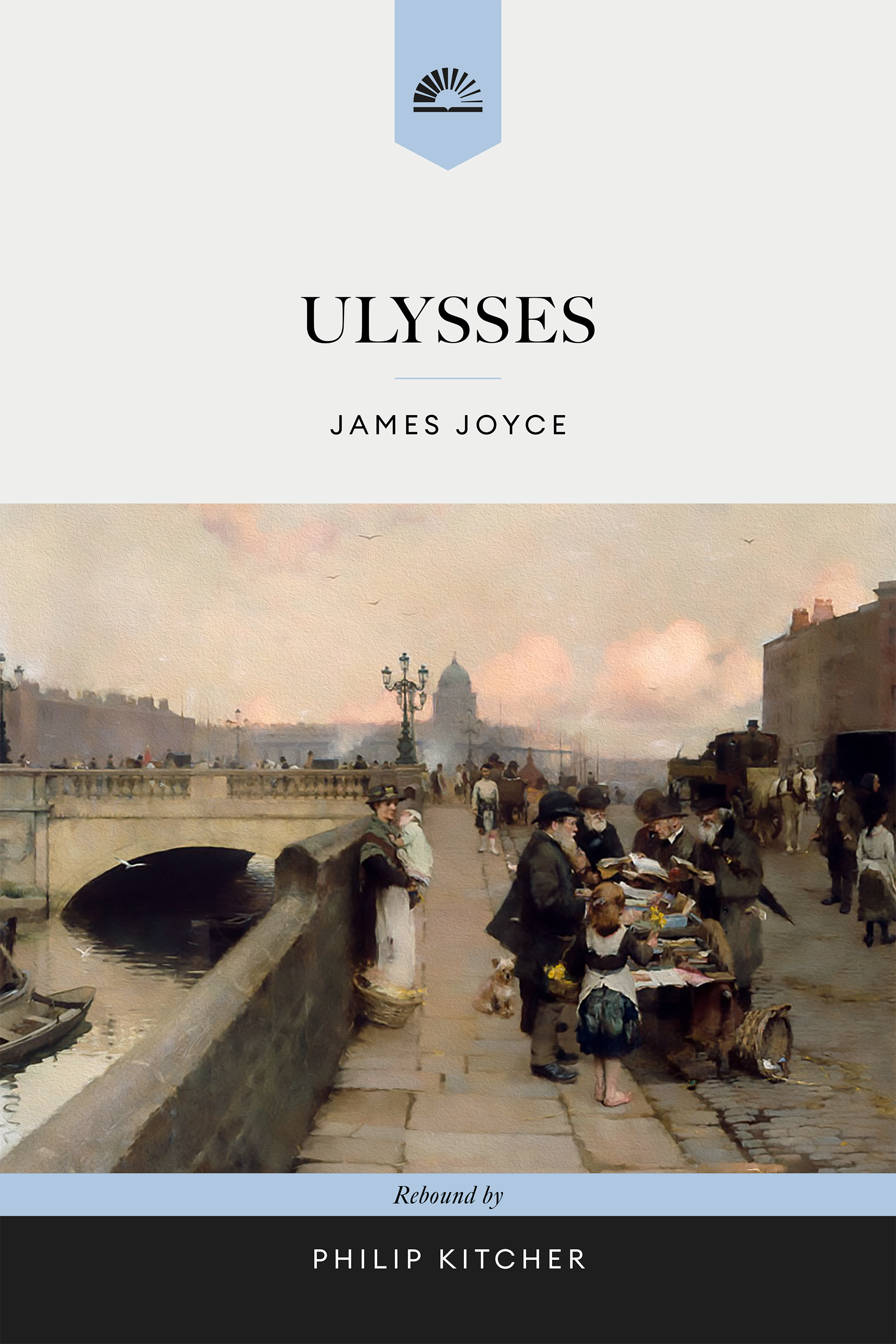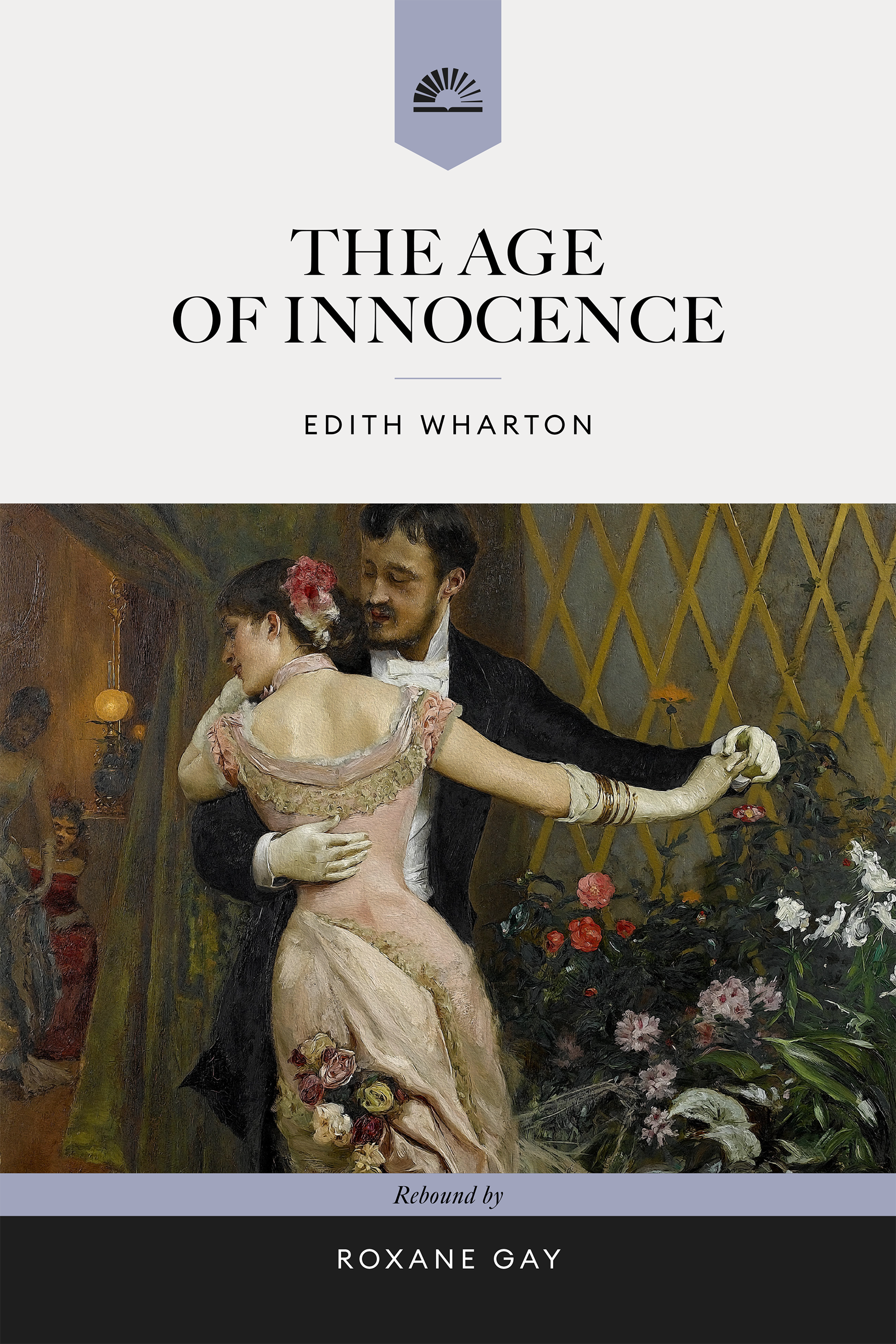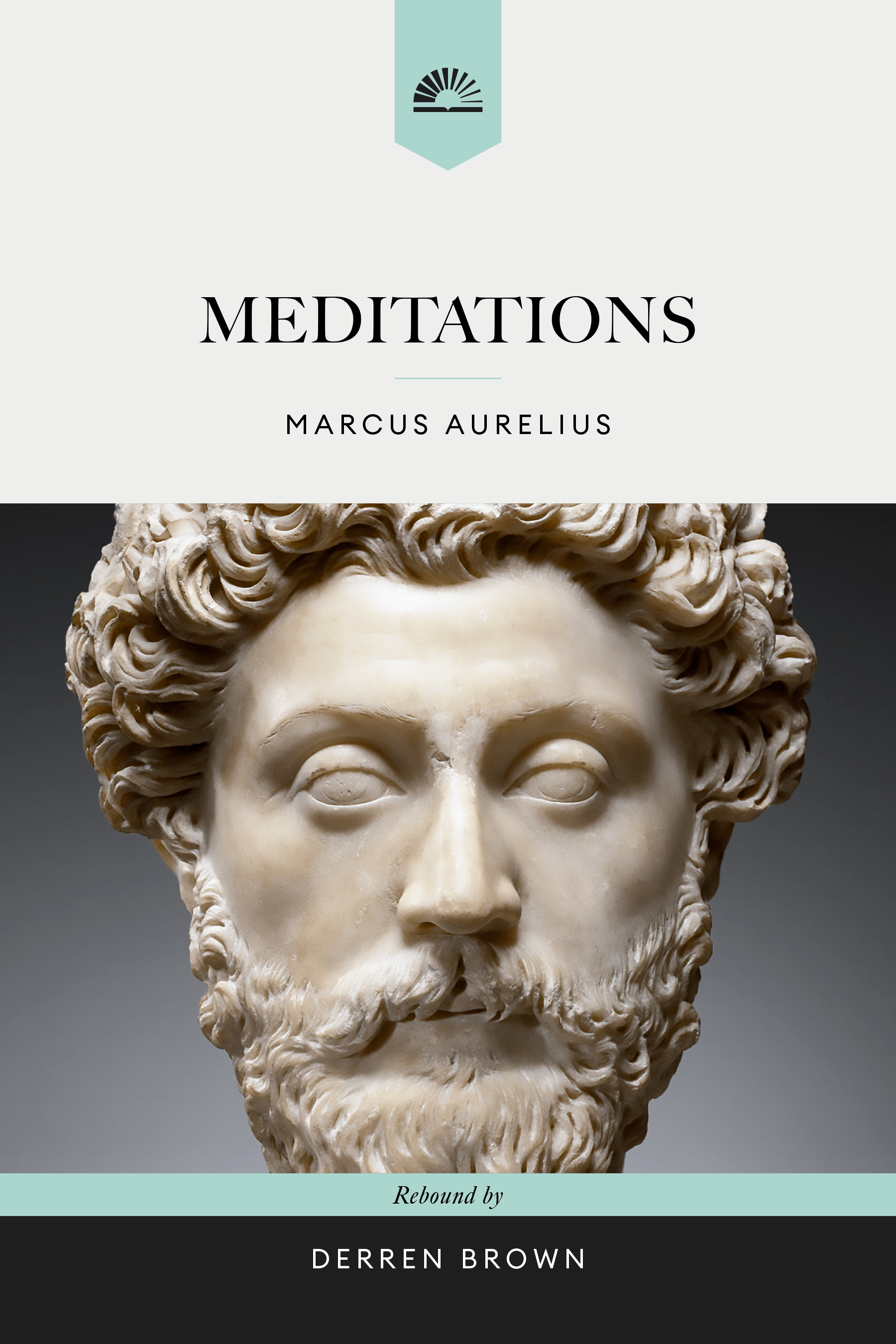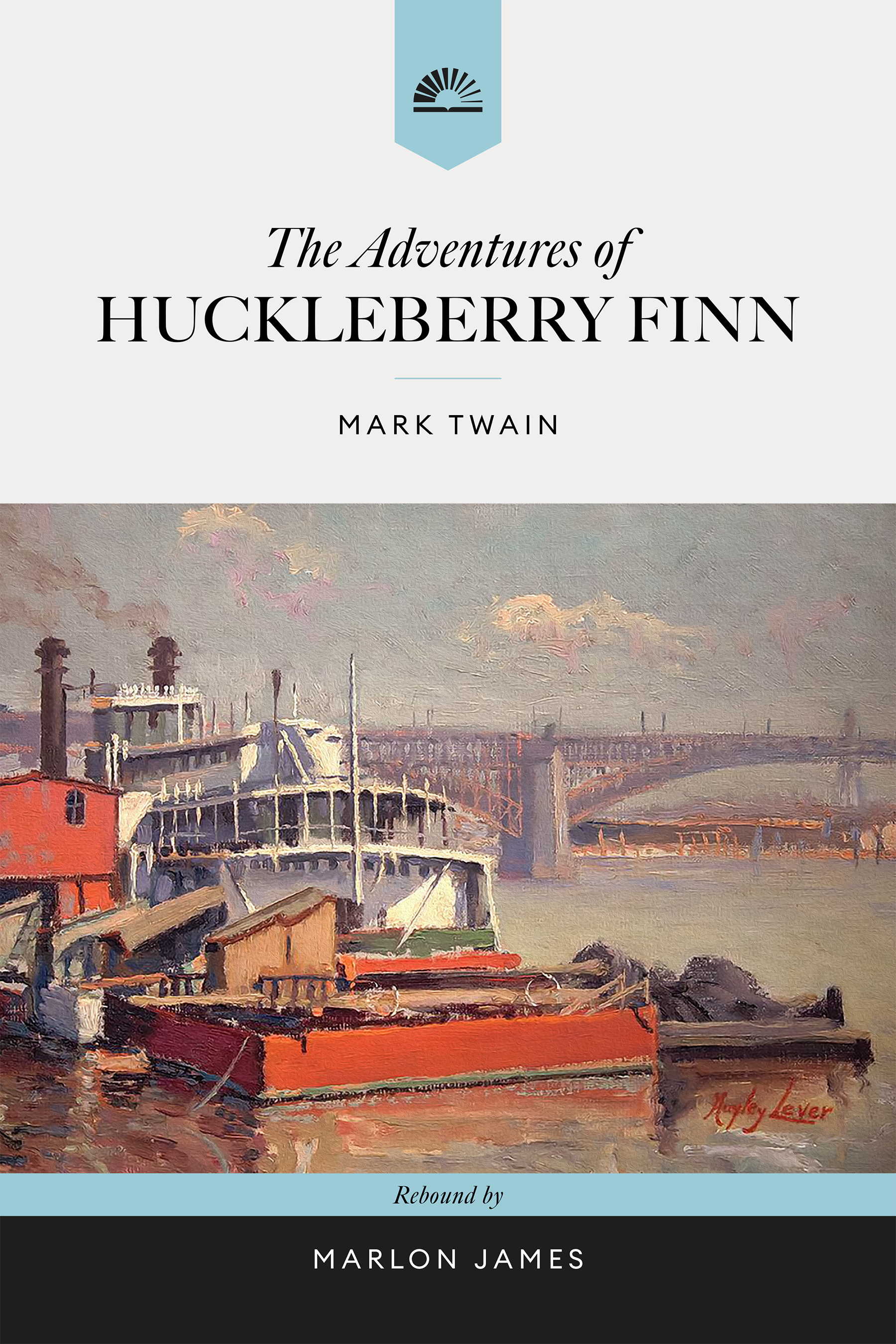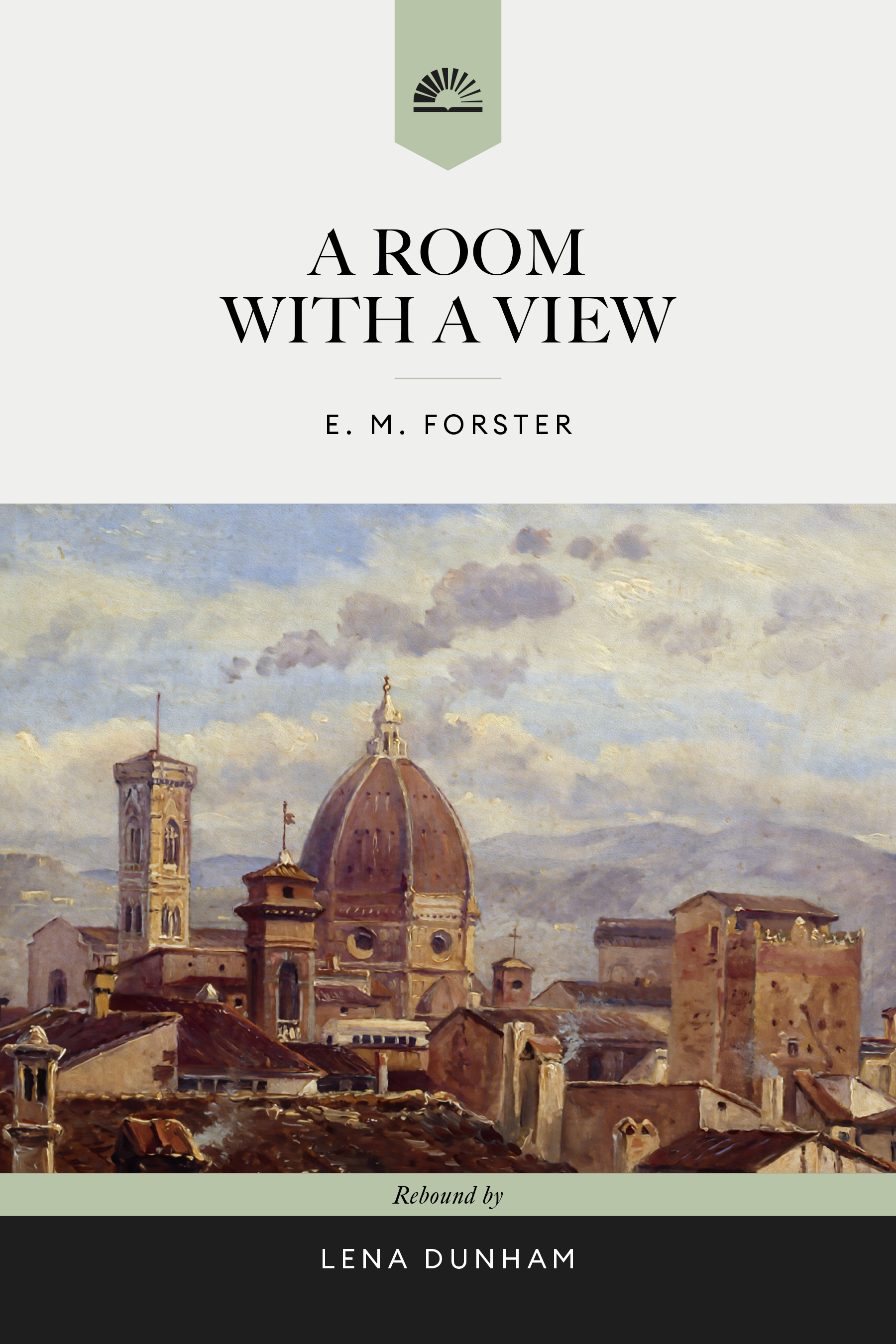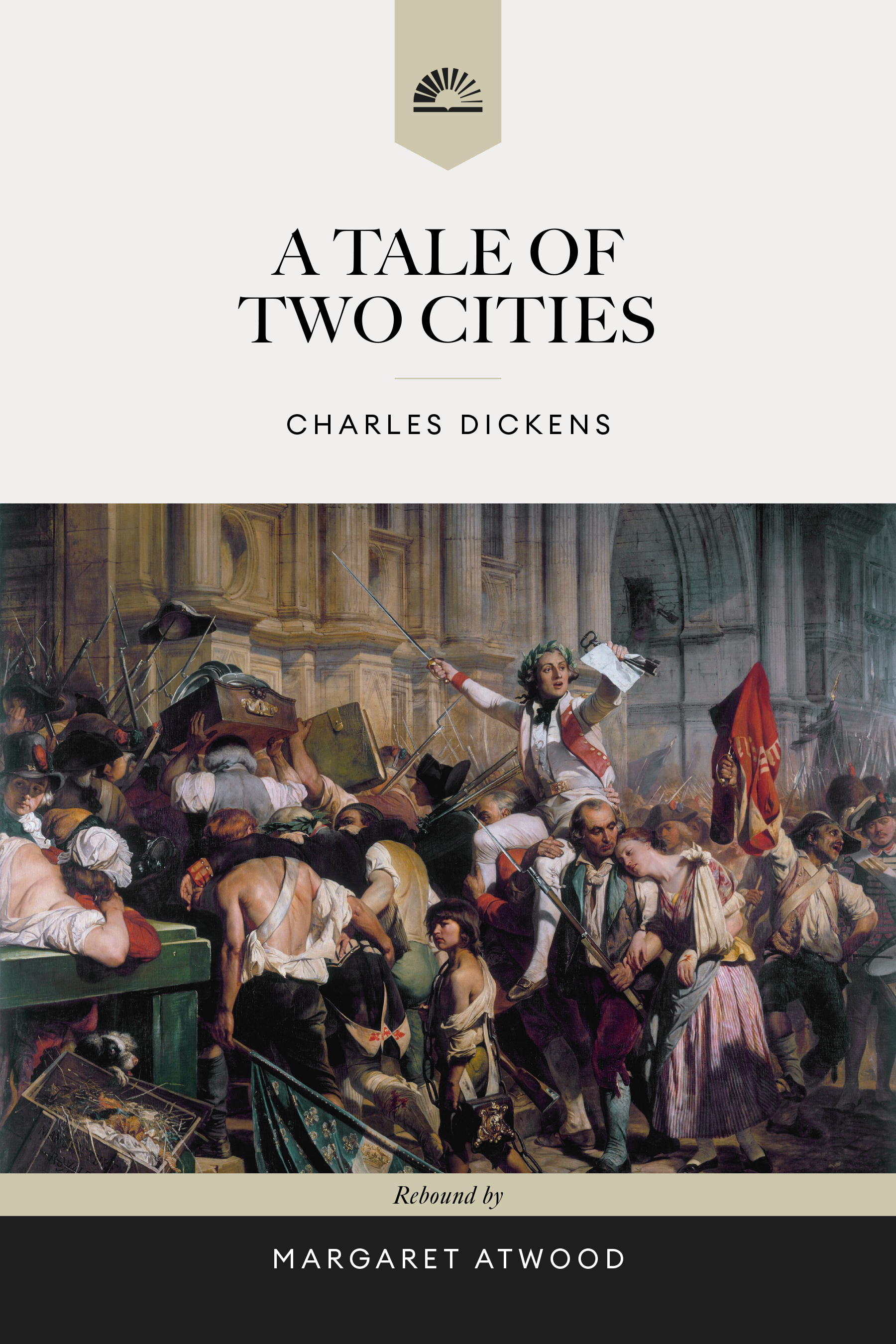Ulysses revolutionized 20th-century literature with its groundbreaking stream-of-consciousness technique and intricate parallel to Homer’s Odyssey. Following Leopold Bloom through Dublin on June 16, 1904, Joyce creates a modern epic that transforms the ordinary into the extraordinary. Through its innovative narrative techniques, multiple perspectives, and rich allusions, the novel explores themes of love, loss, nationality, and the human condition. Initially controversial and banned in several countries, Ulysses is now celebrated as one of literature’s greatest achievements. Its influence on modern fiction is immeasurable, and its annual celebration on “Bloomsday” testifies to its enduring cultural impact.
James Joyce was born in Dublin in 1882 and died in Zurich in 1941. After graduating from University College Dublin, he left Ireland for Paris, beginning a life of self-imposed exile. Despite failing eyesight and financial difficulties, Joyce produced some of literature's most innovative works, including Dubliners (1914), A Portrait of the Artist as a Young Man (1916), Ulysses (1922), and Finnegans Wake (1939). His experimental style, particularly his stream-of-consciousness technique and complex narrative structures, revolutionized modern literature. Joyce's deep connection to Dublin remained central to his work, though he spent most of his adult life abroad. His influence on 20th-century literature is immeasurable, and he is considered one of the most important writers in the English language.
Philip Kitcher is the John Dewey Professor Emeritus of Philosophy at Columbia University. His work spans philosophy of science, ethics, and literary studies, making him uniquely positioned to analyze Joyce's complex masterpiece. He has written extensively on the intersection of science, philosophy, and literature, including books on Joyce and Wagner. His philosophical background provides crucial insights into the ethical and epistemological dimensions of Ulysses, while his literary expertise allows him to navigate Joyce's complex narrative techniques. Kitcher's numerous awards and honors, including a Guggenheim Fellowship, reflect his distinguished career in both philosophical and literary scholarship.


